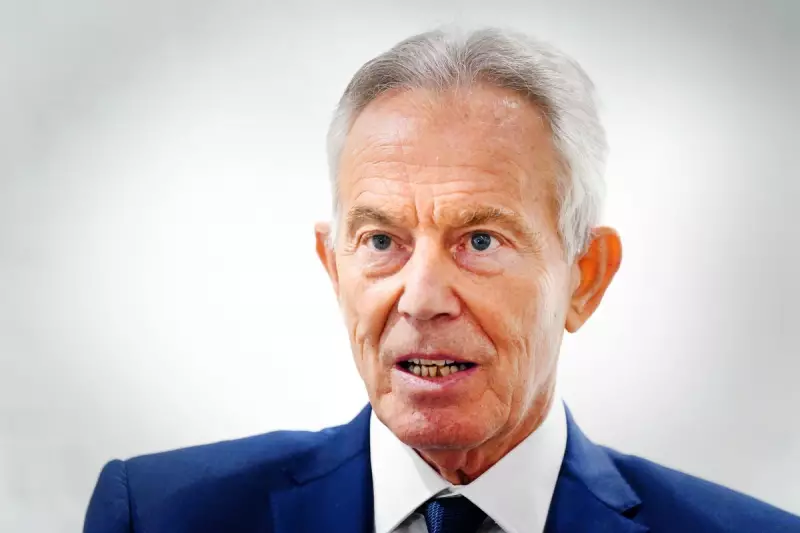
In a move that has sent ripples through diplomatic circles, former Prime Minister Tony Blair engaged in clandestine discussions with senior US Republican Senator Marco Rubio at Donald Trump's Mar-a-Lago estate. The high-level meeting, which took place away from the gaze of the current Biden administration, focused on formulating a contentious peace strategy for Gaza, intended for implementation should Trump secure a second term in the White House.
A Shadow Foreign Policy in the Sunshine State
The secretive talks, confirmed by Blair's own organisation, represent a highly unusual intervention by a former British leader into active US politics. By engaging directly with Trump's allies, Blair is effectively participating in the formation of a parallel foreign policy, a move that critics argue undermines the sitting US President and established diplomatic protocols.
The Gaza Proposal: A Radical Departure
While specific details remain closely guarded, sources indicate the discussed plan involves a dramatic overhaul of the current approach to the Israel-Palestine conflict. The proposal is believed to include elements that would significantly diverge from both international consensus and the Biden administration's stance, potentially aligning more closely with Israeli Prime Minister Netanyahu's objectives.
Key Figures and Political Implications
Senator Rubio, a prominent Republican and potential vice-presidential candidate, represents a key bridge to Trump's inner circle. His involvement signals serious consideration of the plan within Trump's orbit. This development raises profound questions about the role of foreign leaders in influencing US policy and the emergence of an alternative diplomatic track operating outside official channels.
Reactions and Ramifications
The revelation of these talks has sparked intense debate on both sides of the Atlantic. Supporters argue that exploring all avenues for peace is pragmatic, while detractors condemn it as a breach of diplomatic norms that could complicate ongoing efforts. The incident highlights the complex and often blurred lines between private diplomacy, political lobbying, and international statecraft in the modern era.





